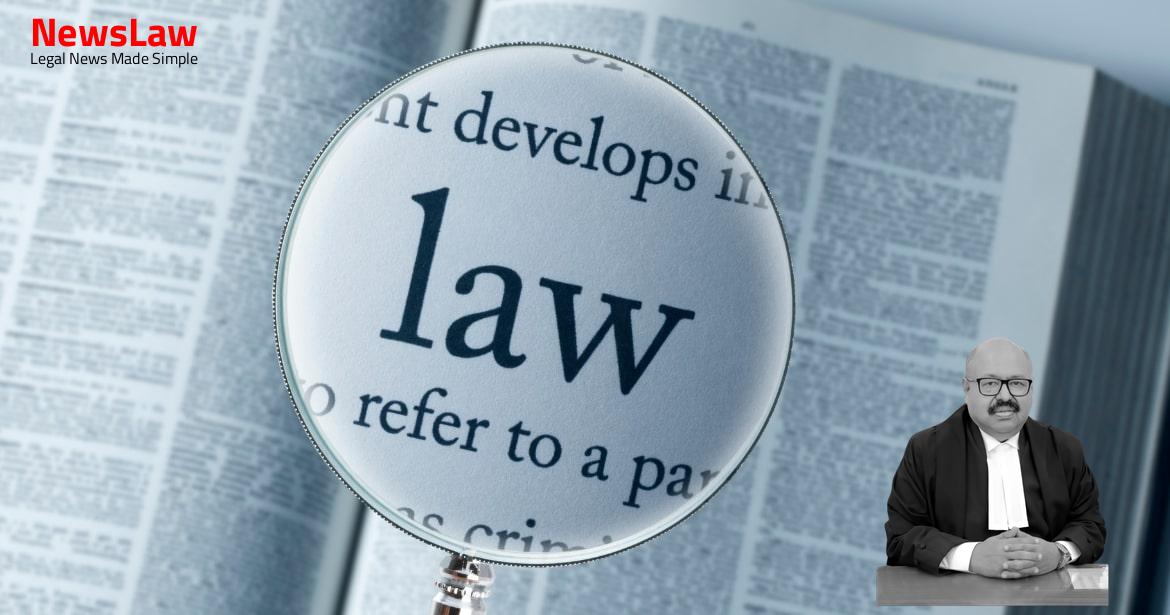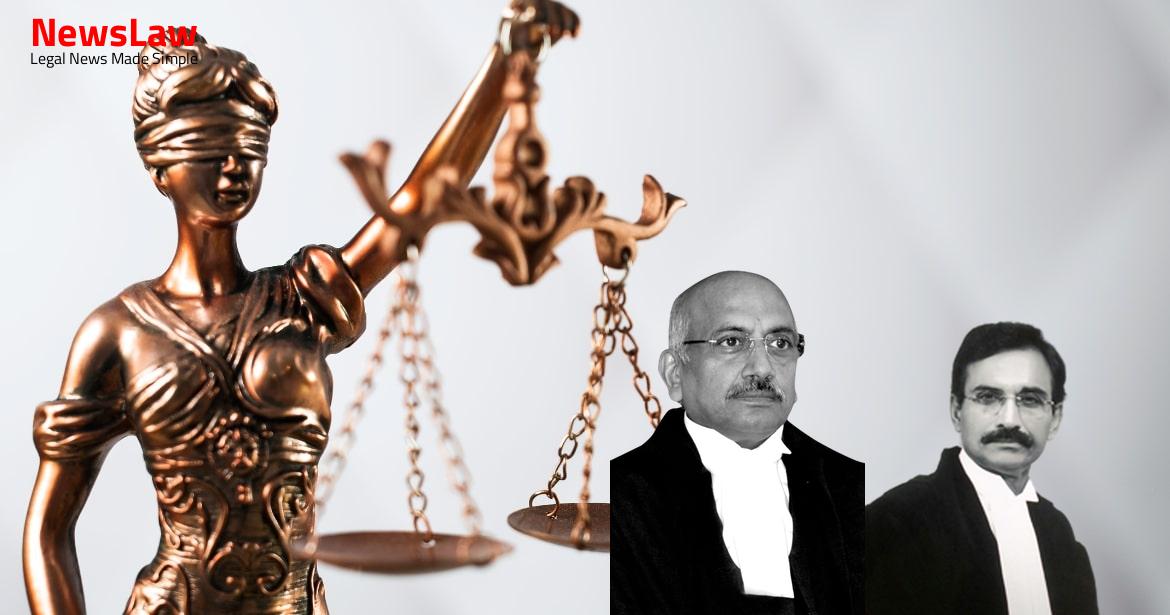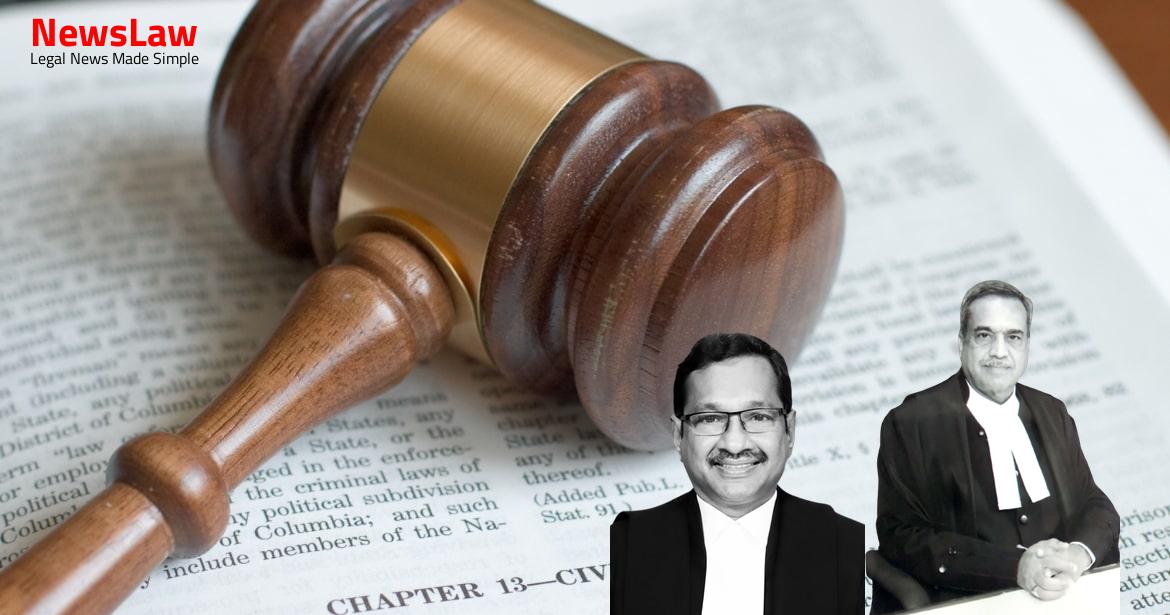2 Additionally, they also involve the interpretation of the Civil Services Examination Rules, 2022 [CSE-2022 Rules], particularly, Rules 13, 27 and 28 thereof. By an Office Memorandum of 19.01.2019, the Government of India, Ministry of Personnel, Public Grievances and Pensions, Department of Personnel and Training (DoPT) prescribed the criterion to be eligible to apply under the EWS category. Fourthly, the income and assets of the families as mentioned above was to be certified by an Officer not below the rank of a Tehsildar in the States/Union Territories (UTs). The Income and Asset Certificate issued by any one of the following authorities in the prescribed format as given in Annexure-I shall only be accepted as proof of candidate’s claim as belonging to EWS:- (i) District Magistrate/Additional District Magistrate/ Collector/Deputy Commissioner/Additional Deputy Commissioner/ 1st Class Stipendary Magistrate/ Sub- Divisional Magistrate/Taluka Magistrate/Executive Magistrate/Extra Assistant Commissioner.
5.4 The appointing authorities should, in the offer of appointment to the candidates claiming to be belonging to EWS, include the following clause:- “The appointment is provisional and is subject to the Income and asset certificate being verified through the proper channels and if the verification reveals that the claim to belong to EWS is fake/false the services will be terminated forthwith without assigning any further reasons and without prejudice to such further action as may be taken under the provisions of the Indian Penal Code for production of fake/false certificate.” For the Main Examination, a candidate shall be required to submit an on-line Detailed Application Form-I (DAF-I) along with scanned documents/ certificates in support of date of birth, category [viz. (3) A candidate at CSE-2022 will be eligible to get the benefit of the Economically Weaker Section reservation only in case the candidate meets the criteria issued by the Central Government and is in possession of requisite Income & Asset Certificate based on the income for Financial Year (FY) 2020- 2021. A careful perusal of the Rules would disclose that, under Rule 28, candidates seeking reservation under EWS for the purpose of CSE-2022 must ensure that they are entitled to such reservation as per the eligibility prescribed in the Rules. This is because after the promulgation of the Rules, the third respondent – Union Public Service Commission [UPSC] issued the examination notice on 02.02.2022 and the last date for submission of the application was 22.02.2022 and the time of deadline was 6.00 p.m.
For the Main Examination, a candidate is required to submit an on-line Detailed Application Form–I (DAF-I) along with scanned documents/certificates in support of the claim for EWS category within the prescribed time. It is also admitted by her that, by 13.12.2022, she was able to obtain the EWS Certificate for the 12 Financial Year 2021-2022 but was not able to obtain the EWS Certificate for 2020-2021 till 01.06.2023. The petitioner submitted DAF-I for the CSE 2022 between 06.07.2022 and 15.07.2022 and uploaded the EWS Certificate for the Financial Year 2019-20, as she did not have the Certificate for any other year. Thereafter, the petitioner states that, on 21.06.2023, she sent a representation to the Department of Personnel and Training (DoPT) seeking acceptance of her EWS Certificate for the Financial Year 2020-2021 received by her on 01.06.2023 and that she had not received any reply. l; (ii) Issue a Writ, Order or Direction in the nature of Mandamus directing the Respondents to retain the petitioner in the economically weaker section (EWS) category and accept the EWS certificate submitted by the petitioner for financial year 2020-2021, for the purpose of recruitment pursuant to Civil Services Examination 2022; (iii) Issue a Writ, Order or Direction declaring Rule 13, Rule 27 (3) and Rule 28 of the Civil Service Examination Rules 2022, to the extent that it prescribes that candidates must be in possession of the EWS Certificate as on the closing date of the application for Preliminary Examination, to be ultra vires Article 14 of the Constitution of lndia as being arbitrary;” 15 21.
The UPSC, in its counter affidavit, has clearly urged that with regard to the 298 EWS candidates, who were ultimately shortlisted, the I&AC as uploaded by them in DAF-I was scrutinized and they have rejected their candidature or converted some of them to the General Category. The UPSC contends that under Rule 27(3), candidates 17 applying under the EWS quota were eligible only if the candidates meet the criteria issued by the Central Government and the candidate must be and is in possession of I&AC based on the income for the Financial Year 2020-2021. According to the UPSC, out of the 36 candidates, the category of 22 candidates was changed from EWS to General as they had qualified the CSE-2022 on 18 General Standards and with regard to 14 candidates, who failed to qualify, their candidature was cancelled. Finally, it is averred that any relaxation would pave the way for others to demand for relaxing the Rules in their favour. That it was averred that the Category wise ‘cut-off’ at every stage was fixed by the UPSC, keeping in view the number of vacancies in each Category, the ratio required at that particular (intermediary) stage and the number of candidates available on particular point of marks. It is averred that if the number of candidates is changed to include extra candidates, the cut-off fixed by the UPSC will be impacted and will result in inclusion of many such candidates, who ought not to have been included affecting the whole process of the Examination.
Strongly refuting the plea of the inability of the petitioner due to COVID-19 to obtain the Certificate within time, it is averred by the UPSC that the petitioner had availed the benefit under EWS Category in the CSE 2021 by producing IA&C dated 09.10.2020 during the peak of the pandemic and that the plea of the petitioner, according to the UPSC, was highly improbable and did not deserve to be sustained. In view of that, it is averred that the petitioner should not be excluded since the delayed submission 23 had, in fact, not affected the Category wise selection process at any stage. The primary contention of the learned counsel for the petitioners is that, once their categorization as an EWS was not in dispute, mere inability to have the Certificate as of 22.02.2022 should not operate to their prejudice.
Mathew & Others, (1980) 2 SCC 752, Dolly Chhanda vs Chairman, JEE and Others, (2005) 9 SCC 779, Dheerender Singh Paliwal vs Union Public Service Commission, (2017) 11 SCC 276, Alok Kumar Singh and Others vs State of Uttar Pradesh and Others, (2018) 18 SCC 242 and Deepak Yadav & Others vs Union Public Service Commission and Another, (2021) SCC OnLine SC 709. Learned counsel relied on OM dated 19.01.2019, 31.01.2019 & Rule 13, 27 & 28 of the CSE-2022 Rules to contend that eligibility is acquired as an EWS candidate only after the candidate meets the criteria issued by the Central Government and is in possession of the requisite I&AC based on the income for F.Y. Learned counsel submitted that Ram Kumar Gijroya (supra) case was also clearly distinguishable and that the petitioners could not derive any benefit from it. Countering the submission of the petitioners in the other two petitions, learned Counsel states that the case was squarely covered by Gaurav Singh (supra) and if each candidate is 28 allowed to come with clarifications/corrigenda, there will be no end to the selection process and the sanctity of the rule would completely stand negated.
In the light of the pleadings and the contentions set out above, the following main questions arise for consideration: 29 a) What is the eligibility criterion for a candidate to stake a valid claim under the EWS Category as per the CSE Rules, 2022 read with OM dated 19.01.2019 and 31.01.2019? Insofar as the EWS candidates are concerned, Rule 27(3) of the CSE-Rules 2022 is very clear when it states that a candidate will be eligible to get the benefit of the Economically Weaker Section reservation only in case the candidate meets the criteria issued by the Central Government and is in possession of requisite I&AC based on the income for the F.Y. The Rule further states that they should also be in possession of all the requisite certificates in the prescribed format in support of their claim as stipulated in the Rules/Notice for such benefits by the closing date of the application for Civil Services (Preliminary) Examination- 31 2022.
So it is beyond cavil that one cannot decide for oneself that the candidate is an EWS candidate and only on the fulfilment of the criteria and the issuance of the certificate before 22.02.2022 will the eligibility as an EWS candidate, enure to the benefit of the candidate for the CSE-2022. But if it is unshakeably shown that the qualification has been acquired before the relevant date, as is the case here, to invalidate this merit factor because proof, though indubitable, was adduced a few days later but before the selection or in a manner not mentioned in the prospectus, but still above-board, is to make procedure not the handmaid but the mistress and form not as subservient to substance but as superior to the essence. The authorities had also accepted them as eligible, expressly informing the selection committee that for eligible candidates even if proof came later and before the final selection, it should be considered as valid. As pointed out earlier, the eligibility for being categorized as EWS candidate crystallizes only when the I&AC is issued and, in this case, as required under the rules, it was to be issued and possessed by the candidate before 22.02.2022. Union of India [(2007) 4 SCC 54 ]. The Union of India has explained the Source of Power for the CSE Rules.
Rule 7 of the IAS (Recruitment) Rules, 1954 provides that a competitive 37 examination for recruitment to the Service shall be held at such intervals as the Central Government may, in consultation with the Commission, from time to time, determine and Rule 7(2) states that the examination shall be conducted by the Commission in accordance with such regulations as the Central Government may from time to time in consultation with the Commission and State Governments. The CSE Rules are clearly traceable to Regulation 3 of the 1955 Regulations since they deal with the manner of the conduct of the examination by the Public Service Commission read with Article 73 of the Constitution of India which deals with the executive power of the Union. Hence, the contention that Rules 13, 27 and 28 of the CSE-Rules, 2022 cannot be given a status of rules cannot be countenanced.
Sarat Chandra (1990)2 SCC 669, para 7] Further, it is well settled that if rules prescribe the last date on which eligibility should be possessed, any relaxation would prejudice non-applicants who for want of possession of eligibility would not have applied. Relaxation would then be selective, leading to discrimination [See Yogesh Kumar (supra) ] 52. No only was there no rule, like we have in the present case, it was only while declaring the result, the requirement of submitting the OBC certificate before the cut-off date was introduced by the Selection Authority there. The proposition that where applications are called for prescribing a particular date as the last date for filing the applications, the eligibility of the candidates shall have to be judged with reference to that date and that date alone is a well-established one. However, when the matter came before a three- Judge Bench, the reference was not answered and even after noticing that Ram Kumar Gijroya case (supra) covered the case of Karn Singh Yadav (two-Judges), the Court, however, denied relief to Karn Singh Yadav, the petitioner by holding that since the appellant was never appointed to the post at that length of time it was not possible to grant any relief to the appellant.
It is also interesting to note that even in Deepak Yadav (supra), a judgment, strongly relied upon by the learned counsel for the petitioners, the principle in Ashok Kumar Sharma (supra) has been reiterated. 45 The Respondent-Writ Petitioners were well aware that they had to furnish Income and Asset Certificates issued by the Competent Authority for the financial year prior to the year of application. 46 In the case of Respondent-Writ Petitioner No.3, the Income and Asset certificate, which had initially been questioned as having been issued by an authority not competent, was later accepted as it was found that the authority issuing the certificate was in fact competent. Deepak Yadav case (supra) pertained to the Civil Services Examination for 2020.
Admittedly, the petitioners had attained the qualifying eligibility criteria before the main examination was conducted by UPSC in January, 2021 (i.e., between 08.01.2021 and 17.01.2021). 2019-2020 on 09.10.2020 and obtained her I&AC for F.Y. 2019-2020 on 09.10.2020 when the country was still reeling under a heightened pandemic, there is no reason why she could not have obtained her I&AC for the F.Y. In fact, the law laid down by this Court as discussed herein above is, where there is absence of any rule or absence of any prescription, the last day for fulfilling the eligibility is the last date of submission of the application. In these two Writ Petitions, the legal question involved is identical, except that the factual scenario in which they arise is slightly different from that in Writ Petition (C) No 724 of 2023. Petitioner No.1 Vimlok Tiwari states that, on 30.01.2023, a communication was received from the UPSC stating that discrepancy was found in the DAF-I submitted, inasmuch as the designation, stamp, seal of the issuing authority and F.Y. According to the petitioner, he obtained the Certificate from Tehsildar Dindhori dated 16.01.2023 certifying that the Financial Year mentioned as 2021-2022 was a mistake and it should be read as 2020-2021 in the Certificate dated 25.01.2022. In the DAF-I, the candidate had uploaded a Certificate dated 19.03.2021 valid for the year 2021. By a communication of 23.01.2023, the UPSC informed him to make up the deficiencies and the candidate was advised to produce original EWS Certificate in the prescribed format (issued by the competent authority on or before 22.02.2022) along with all certified copies of documents uploaded with DAF-I. According to the Petitioner No.1 – Ved Prakash Singh, he produced I&AC dated 19.02.2022 on the date of the Personality Test dated 22.03.2023.
He had in the DAF-I uploaded the Certificate dated 18.11.2020 which in the body mentioned the Financial Year as 2019-2020 though in the heading it mentioned valid for the year 2020-2021. Insofar as Petitioner No.6 – Shivam Agrawal is concerned, by a communication of 31.05.2023, his candidature was cancelled as in the I&AC uploaded in DAF-I, the F.Y. This is for the reason that the UPSC has strictly acted in accordance with the mandate of Rule 13 read with Rule 27 & 28. In our view, the case of the petitioners in Writ Petition (C) Nos. 705 and 764 has submitted that the communications by the UPSC asking them to make up the deficiencies and to produce the certificate on the date of the Personality Test should be treated as waiver of the rules. The petitioners who did not possess the valid documentation determining their eligibility, before the prescribed cut-off date, cannot complain, if their claim for categorization as EWS was rejected. Subsequently, the candidate submitted 61 the same physically signed with the stamp of the issuing authority hence the candidature was cleared. No candidate can claim any vested right to rectification of arrears in an application. A candidate, who is not short-listed and/or not allowed to participate in the selection process by reason of his own laches in making careless mistakes, cannot claim any right to be allowed to participate in the selection process. Parameshwar, learned Counsel, made a valiant attempt by drawing support from the letter of the UPSC dated 12.05.2023 by which the original EWS Certificate dated 19.02.2022 submitted by email dated 06.04.2023 by the petitioner Ved Prakash Singh was returned. Her plea was that in the event of the Court upholding the rule and the action of the UPSC, the Court should exercise its power under Article 142 of the Constitution of India. of 19.01.2019 and 31.01.2019 the candidate should have been in possession of the Income and Asset Certificate (I&AC) as on 22.02.2022. This conclusion has to be read with the reasoning in the judgment, particularly in paragraphs 39, 40 and 41 under the heading “Eligibility for EWS category candidates for CSE-2022”. 68 v)



